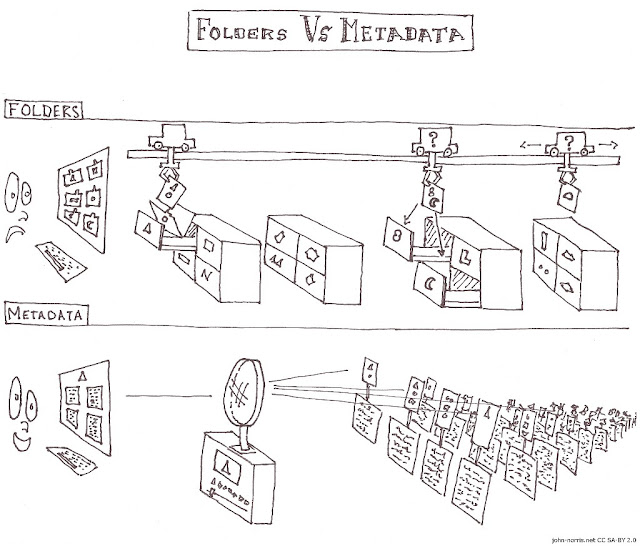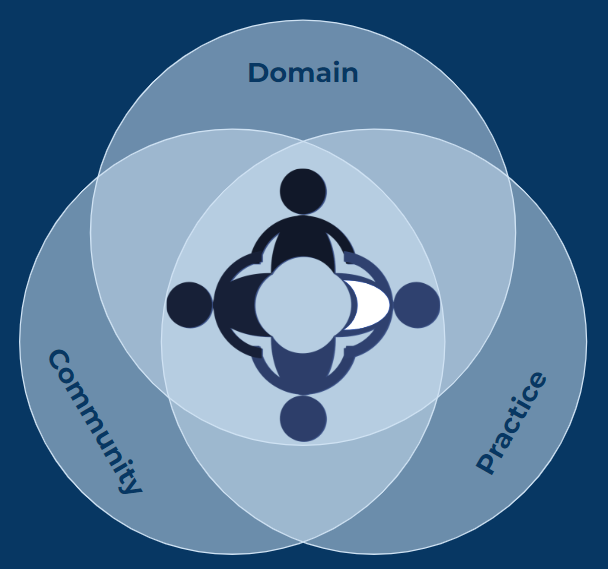Generation Z
Members of Generation Z (also termed "zoomers") is categorised as the first generation of people to have grown up with ubiquitous access to the internet and other digital technologies.
 |
| Generation Z Word Cloud by EpicTopTen, CC BY 2.0 |
Generation Z comprises the demographic cohort born between the mid-1990s and the early 2010s. Note that the boundaries are necessarily not well-defined: the march of technological development is not one which is traditionally defined by abrupt changes, and even when important developments are made and introduced over a relatively short period of time, access to these for the general population is smoothed out by a variety of factors including cost and education.
People in this generation are sometimes termed "digital natives" as they have grown up surrounded by and immersed in the internet and related technologies, although it is not necessarily the case that they are digitally literate, meaning that although experienced in the use of modern digital technologies they may not have a full understanding of important aspects such as the Cloud or cyber security. Most Generation Z-ers have parents in Generation X, with "Millennials" in between the two.
As educators, it is important to understand that Gen Z students have unique characteristics and preferences that distinguish them from previous generations. These young people are digital natives who are used to receiving information in a quick and convenient way. They are comfortable with technology and expect it to be integrated into their learning experience.
It is worth reiterating here that any description of a named generation cannot hope to encompass all experiences of everyone whose birth falls within a particular date range, and some discussions do seem to devolve into opportunities to insult or denigrate other groups ("Boomers" and "Millennials" sometimes use each others' generation name labels as light slurs, for example). At other times, advice aimed at different generations can appear to be no more rooted in reality than, say, horoscopes.
However, it stands to reason that people who are born and experience their childhoods during similar stages of technological development may have some comparable outcomes. With that in mind, here are some points to consider when working to engage Gen Z students:
- They are often mobile-first: Gen Z students may rely heavily on mobile devices to access information and communicate with each other. Therefore, it is sensible to create content that is mobile-friendly and can be easily accessed from a smartphone or tablet.
- They may be visual learners: Gen Z students have grown up with fast-paced, visual-focused content, and can exhibit shorter attention spans before finding something that fully engages their attention. In this case, consider incorporate visuals such as images, videos, and infographics into your lessons.
- They may prefer interactive learning: Gen Z students often express a preference for content that is interactive and allows them to participate actively. Use online quizzes, polls, and interactive games to introduce this aspect to your learning activities.
- Authenticity is key: Gen Z students have had much exposure to and therefore may be more sceptical of traditional marketing tactics, feeling more drawn to authentic content that feels genuine and relatable. Be honest and transparent in your communication with them, and use real-world examples and case studies to make learning opportunities more relevant and relatable.
- They are often social: Gen Z students have grown up in a world immersed in social media and it as a natural part of their world when communicating and connecting with others. Use social media platforms to share content and engage with your students outside of the classroom. Build in opportunities to collaborate and work together on group projects using online tools and platforms.
- They can be entrepreneurial: Gen Z students have been exposed to innovative examples of digital technologies being used to engage in entrepreneurship and are more likely to start their own businesses than previous generations. Incorporate entrepreneurship and business skills into activities to prepare them for a job market that will have changed by the time they enter it.
Next Steps:
- Are you a member of "Generation Z"?
- If yes, does the description above ring true with your own experiences of growing up?
- If you were born at either of the fuzzy boundary ends (Mid 1990s or early 2010s) would you place yourself - based on the descriptions above - in Generation Z, or do you feel you fit more comfortably as a member of the preceding generation ("Millennials") or the following one ("Generation Alpha")
- If no, how does the description above compare and contrast with your own experiences of growing up (with a focus on digital skills, tools and technologies, of course!)
Further Reading
- From the Glossary:
- Elsewhere online: Generation X | Millennials (Wikipedia) | Generation Z (Wikipedia)









.png)
Comments
Post a Comment